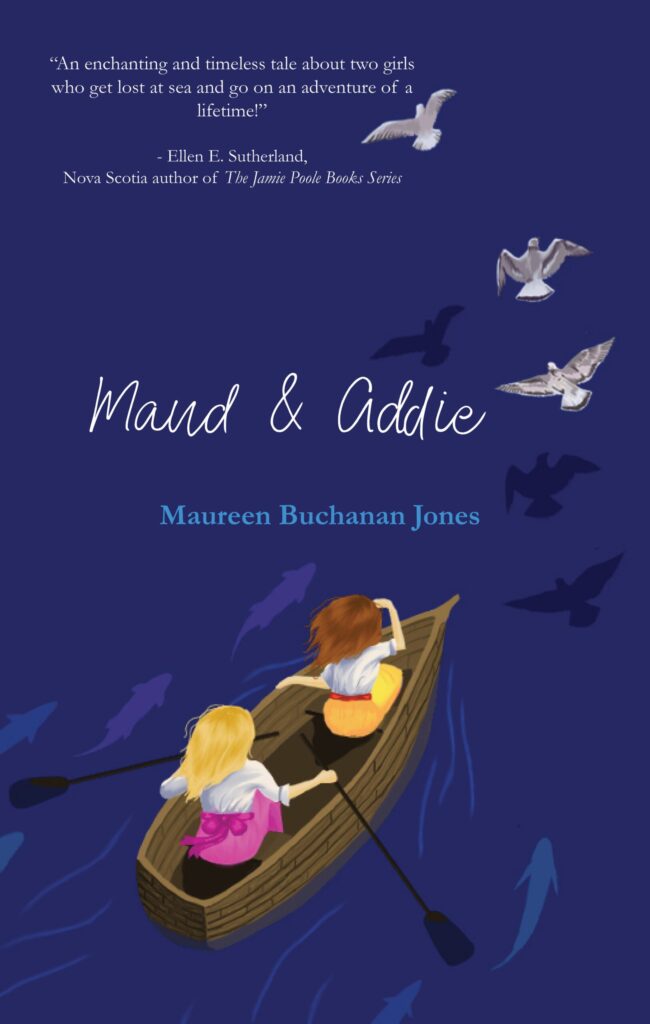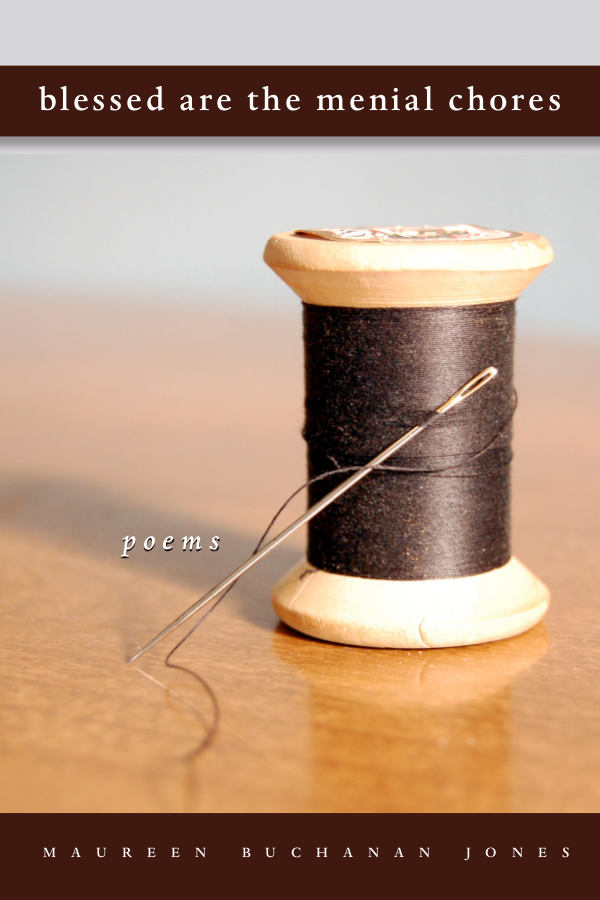When my daughter was about six months old, she was asleep in her bedroom, or so I thought, while a friend and I had a challenging discussion. We talked for about half an hour then he left. Ten minutes after, I heard my daughter repeat the conversation verbatim. Well, verbatim is Latin for ‘word for word.’ She wasn’t using words. She repeated the conversation in the exact sounds my friend and I had used—rising and falling rhythms and tones, stressing certain combinations, and letting others fade. I could hear our voices in hers. In her ‘preverbal’ phase, she captured the essence of communication: a pattern of sounds that have meaning.
In the writing workshops I lead I very often hear a writer say before reading their just-written work: I didn’t get to where I want to go. What does this statement and my daughter’s nonverbal articulation of a conversation have in common? The mystery of language. How it gives us voice and how we use it to find meaning.
Like my daughter, we writers know that the rhythms and music we use in language are closest to the emotions we want to express. Through that expression we can then make better sense of what we mean. As the linguist Robin Lakoff once said, “How do I know what I mean until I see what I say?”
I’m no linguist or neuroscientist, but the experience of hearing my daughter and hearing many writers brings me to a question about the inner dialogue every writer of every language is having when they begin to write. It’s a conversation among feelings, thoughts, memories, imagination, ideas, and words. What we have in our heads, hearts, and bones transforms and leads us as we give it expression through writing. If we let our writing come directly from that near-nonverbal place, we get closer to what we feel and want to let onto the page, and it’s no wonder that our writing is then leading us rather than us leading it. Perhaps this is part of the mystery of writing. I hear curiosity, wonder, and frustration when people say, “This didn’t go where I thought it would.”
As I listened to my sixth-month old daughter singing the conversation she had overheard, I marveled at the intricacies of human speech. An argument is understood as an argument no matter what language we’re listening to. The music in language gets us closer to the meaning we want to convey. Letting the music lead us rather than insisting it follow what we want to say very often results in stunning examples of work that is moving and true.
Publications
Maud & Addie “Sure to enchant, Maud & Addie is a touching novel complete with old skeletons, new friends, and the unbreakable bonds of sisterhood.” Vivian Turnbull, Foreword Reviews. To purchase: https://regalhousepublishing.com/product/maud-and-addie/
blessed are the menial chores “Should anyone ask what poetry is, hand them a copy of this book.” Sue Brannan Walker, poet laureate of Alabama 2003 – 2012. Purchase here: https://www.writingfulltilt.com/author/
Prompt Photo





